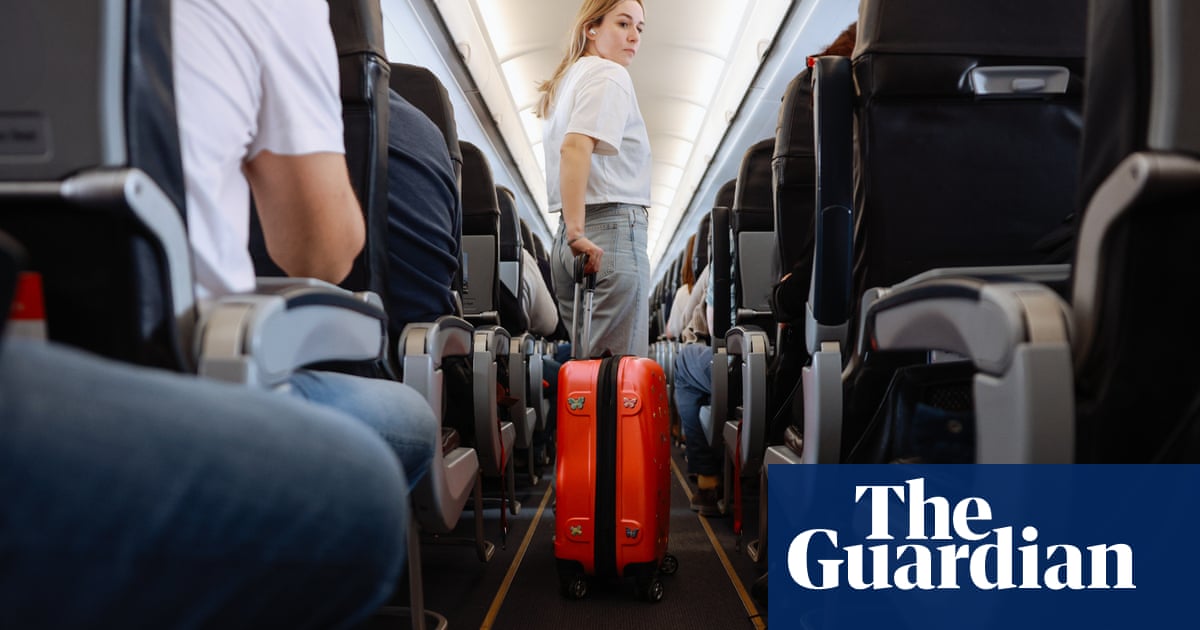Name:Aeroplane etiquette.
Age:Dates to 1903, when Wilbur Wright ceded his seat to his brother Orville for the first powered flight.
Appearance:For the most part, long gone.
What happened to it?Stress tends to make people less self-aware – and therefore less polite – and air travel seems to get more stressful with each passing year.
I guess you can’t force people to be courteous.You can try. The Turkish Directorate General of Civil Aviation has just announced compliance measures for passengers who stand up too early on landing.
How early is too early?Before the plane has stopped taxiing.
Well, obviously. That’s dangerous, and anyway, you’re not going to get anywhere at that point.But also, before it’s your go.
What do you mean, my go?According to the announcement, you may not “stand up or proceed into the aisle before it is your turn to exit”.
And what happens if you do?“Passengers who do not comply with the rules will be reported to the Directorate General of Civil Aviation through a Disruptive Passenger Report, and an administrative fine will be imposed.”
How much?According to some reports, 2,603 Turkish lira, or £50.
Harsh. Then again, if it happened to a couple of people on my next flight it would brighten my day considerably.It’s hard to travel these days without wishing punishment on others.
What other breaches ought to incur hefty fines?As you can imagine, this is a hot topic, but two iron rules of plane etiquette crop up again and again. First, keep your shoes on.
For the whole flight?At a minimum, wear socks. Absolutely no bare feet.
And the second?The person in the aisle seat has the aisle, and the window seat passenger has the window. Therefore the person in the middle seat gets command of both armrests.
What about reclining your seat? Yes or no?A matter of much dispute – some people believe that if your seat is reclinable, then it’s your right to recline it.
There’s a certainlogic to that.Others think it’s always rude. But the dispute itself can get you into trouble. Last year,Cathay Pacific banned a couplefor harassing a passenger who had dared to recline the seat in front of them.
This is why I wear headphones.True – it’s easier to be rude when you can’t hear anything.
Do say:“Manners cost nothing, unlike business class.”
Don’t say:“I will gladly pay £50 to get away from these people 40 seconds sooner.”
